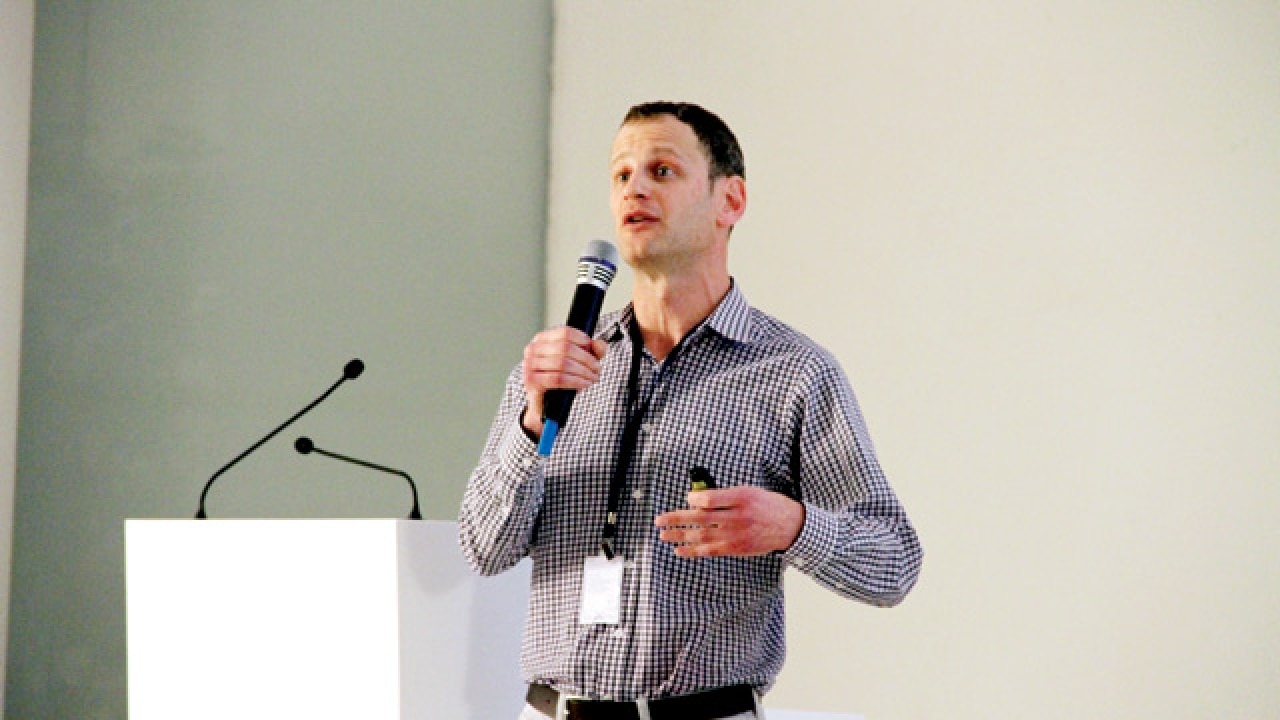
In the technosexual era, social networking has changed the way people look for love. The dating process has been sexualised and 'gamified' by technology. Local and global queer communities are able to communicate, connect and organise in ways that were unimaginable 20 or 30 years ago. This new phase of digital identity goes beyond political and social realities. Technology is a potent force — playing an active, and at times, an explicit role in our sexual identities and expression of sexual desires.
Jeremy Birnholtz's, an associate professor at Illinois's (United States) Northwestern School of Communication, has researched how individuals use new media such as texting, Instant Messenger and email to manage their availability. Birnholtz, who was a guest speaker at the Godrej Culture Lab recently, talked about how kinks can be listed in 'profiles' and thanks to mobile GPS technologies such as Grindr, we can have a virtual queerography of our cities.
Technology brings communities together by providing a platform for people to connect and share common interests. This is especially true among members of the LGBTQ community. By the same token, there is less face-to-face contact. Now, LGBTQ and straight folks don't visit bars and other social venues as often. They prefer chatting with people online.
Gays and lesbians would use Internet Relay Chat (IRC) (an application layer protocol that facilitates communication in the form of text) and the AOL chatroom 20-30 years ago to have intimate conversations. When you do not see the person you are chatting with, you imagine them to be attractive because as human beings we would like to believe that we wouldn't talk to someone unattractive. They might behave in ways that you might think someone who is attractive would behave. You get this magnifying effect that goes back and forth, leading to intense relationships. To avoid disappointment, sharing a picture before a chat is essential. Sometimes, we don't necessarily like what we see because we idealise the person we are talking to.
Technology has helped people in general, express and explore desires without being afraid. Considering there is a possibility for some people to be singled out, being anonymous on dating apps is a good thing. There is always going to be rejection when you meet people – in person or via an app – but the fact that the person has come out of his or her shell a little bit makes a difference.
If you consider 'normal' social behaviour to be the way people have interacted in the last 20-30 years, then yes. However, it could be a problem if you only talk to people online and not in person; not if you use technology to stay in touch with people you love and care about.
It makes it easier to find people with similar interests in say BDSM or S&M. If you happen to come across a person on Grindr who wears leather, you can approach him without feeling apprehensive. When you are in a private setting (read: bedroom), it becomes easier to chat with people who have the same desires as you online, as opposed to speaking face-to-face.
Personally, I had a long-drawn coming out process. I would only talk to people online. I came across other gay guys who were going through the same thing. It gave me the confidence, eventually, to approach people in person.
A survey was conducted at Stanford University a few years ago where they talked to about 1200 couples about how they met. Of the committed same-sex couples, 70% had met online, especially those who met after 2010. If you know where to draw the line and talk to people in a way that's not annoying or too aggressive, you can come across as interesting. It's down to social skills.
I worry that many people are meeting those who are exactly like themselves; or who fit their idea of what they want. So, it's becoming difficult for us to interact with people who are not like us. We find it hard to negotiate those tensions. If I turn on Grindr, there could be 50 other people who I might find interesting, despite being in a relationship. People are willing to reject other people easily without investing time to build a solid relationship.